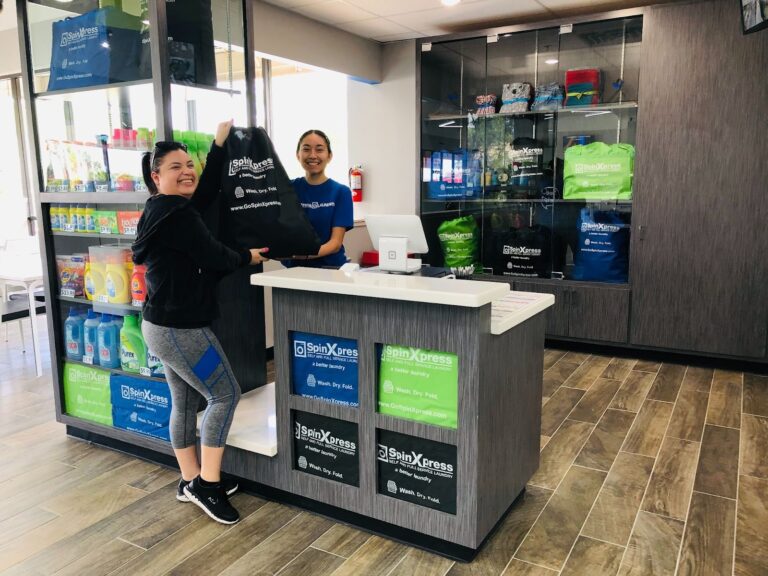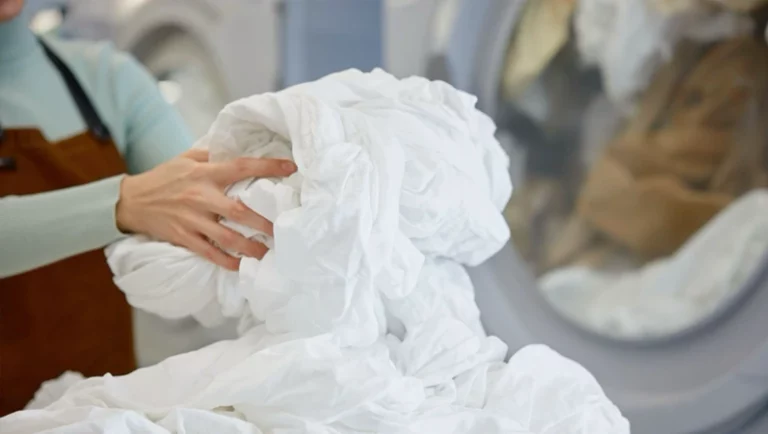Sensitive skin isn’t just a medical problem; it’s a way of life. It may influence the items you buy and the materials you wear. It can also affect how you do your laundry if you don’t make any special adjustments to your washing and drying regimen.
Anything, even doing laundry for sensitive skin, can cause inflammation, dryness, contact dermatitis, and other irritations. Fabric softeners, laundry detergent, and even dryer sheets contain chemicals that might harm your skin. It is critical to wash clothes in a way that avoids creating allergic responses or causing breakouts.
Clearly, you’re not born knowing how to wash laundry, and you’re definitely not born knowing how to do it while caring for sensitive skin. Here, dermatologists and those who suffer from sensitive skin explain their techniques for washing heaps without causing discomfort.
If you’ve already used the techniques outlined above and still have trouble with sensitive skin flare-ups, see your dermatologist. They should be able to help you get relief based on your unique situation.
Use specially-formulated detergent when doing laundry for sensitive skin.
The detergent you’re using may be the source of your skin problems. Traditional laundry detergents can cause allergic contact dermatitis, a rash that is identical to the one produced by fragrances and other personal care products. Itching and irritation are next on the list.
One of the major things you need to remember when doing laundry for sensitive skin is to look for a detergent that is labeled “fragrance-free” when shopping for laundry detergent. That tiny variation may make a significant difference. Some detergents include their components on the label, while others need you to consult the company’s website.
Be mindful of how much soap you’re using.
The amount of detergent you use in your washer can make a big difference, especially when doing laundry for sensitive skin. It’s quite important to remember that the quantity of detergent you put in with your laundry is significant. When you overdose on your detergent, it gets trapped inside the fibers of the clothing, causing irritation when it comes into contact with the skin.
It can even occur if you use a fragrance- and color-free detergent. Follow the washing instructions or use the premeasured pods.
Do not use dryer sheets and fabric softeners if not absolutely necessary.
Fabric softeners and dryer sheets are designed to improve the appearance of your clothes. However, they include a blend of fragrances, dyes, and surfactants (molecules designed to penetrate your clothes) that can cause skin allergies or irritations in some people. As such, when you’re doing laundry for sensitive skin, it is important to avoid using fabric softeners unless it is necessary. Or, you can go for hypoallergenic brands.
Do or request an extra rinse cycle.
Many newer washing machines now include an extra rinse cycle as a feature. If are doing laundry for sensitive skin, may it be for yourself or your family, this is a useful function to use. A second rinse cycle washes away any remaining soap residue.
Wash new clothes before you use them.
It’s appealing to just put on fresh clothing as soon after receiving them as possible, but it’s important to wash them first to remove any pollutants, dyes, allergens, or germs that may be adhering to the surface. If you put on your new clothes without washing them first, these chemicals can seep into your skin. As such, be mindful of washing newly-bought clothes as well as observe labels when doing laundry for sensitive skin.
Separate your laundry from the rest of your family’s.
If the rest of your family prefers a stronger detergent or likes a fragrant variety, you should wash your clothes and linens separately. Fragrance molecules can transfer from one item of clothing or linen to another, so you’ll probably want to keep your clean towels and sheets apart from the rest of your relatives’ linens as well.





